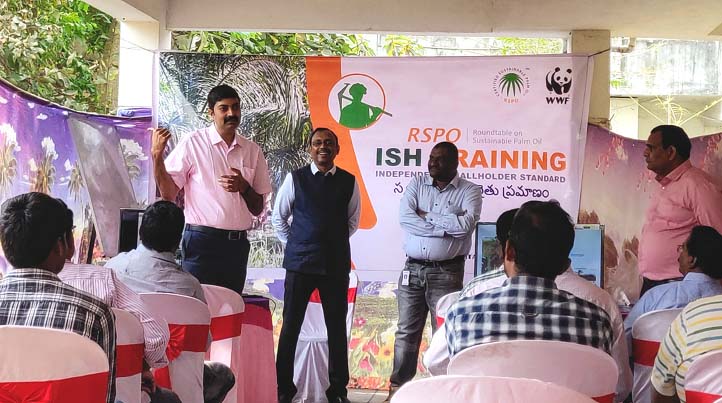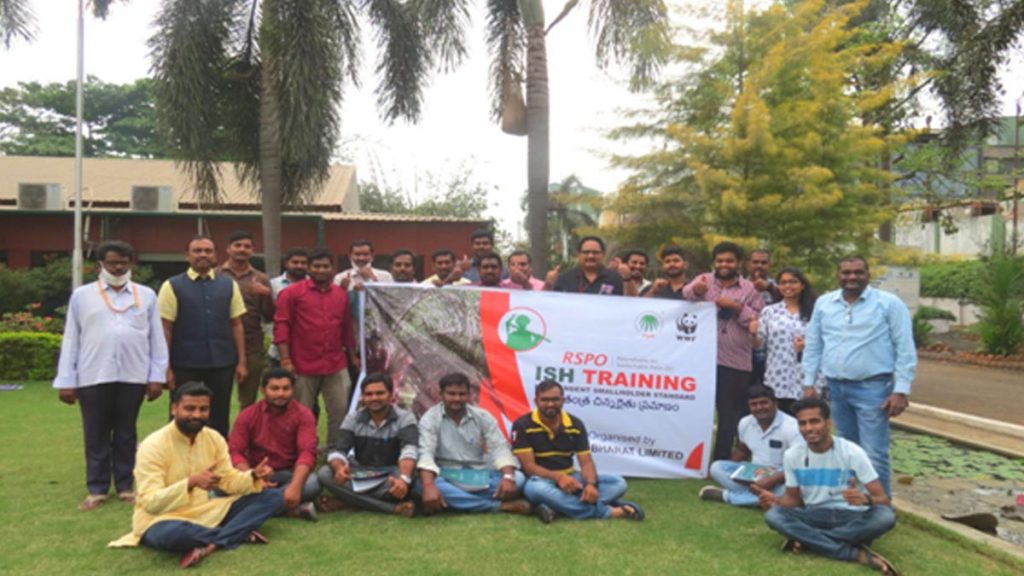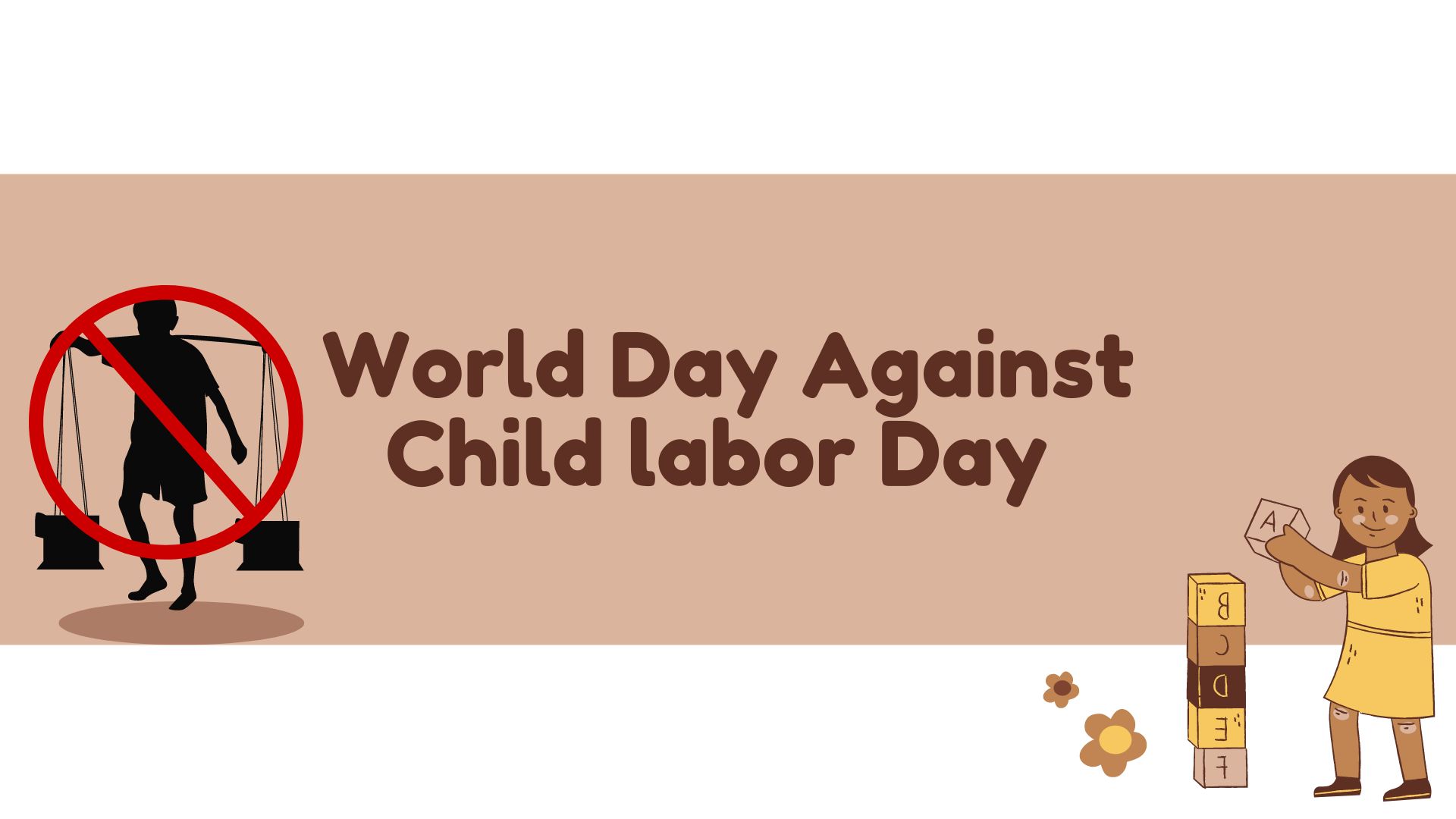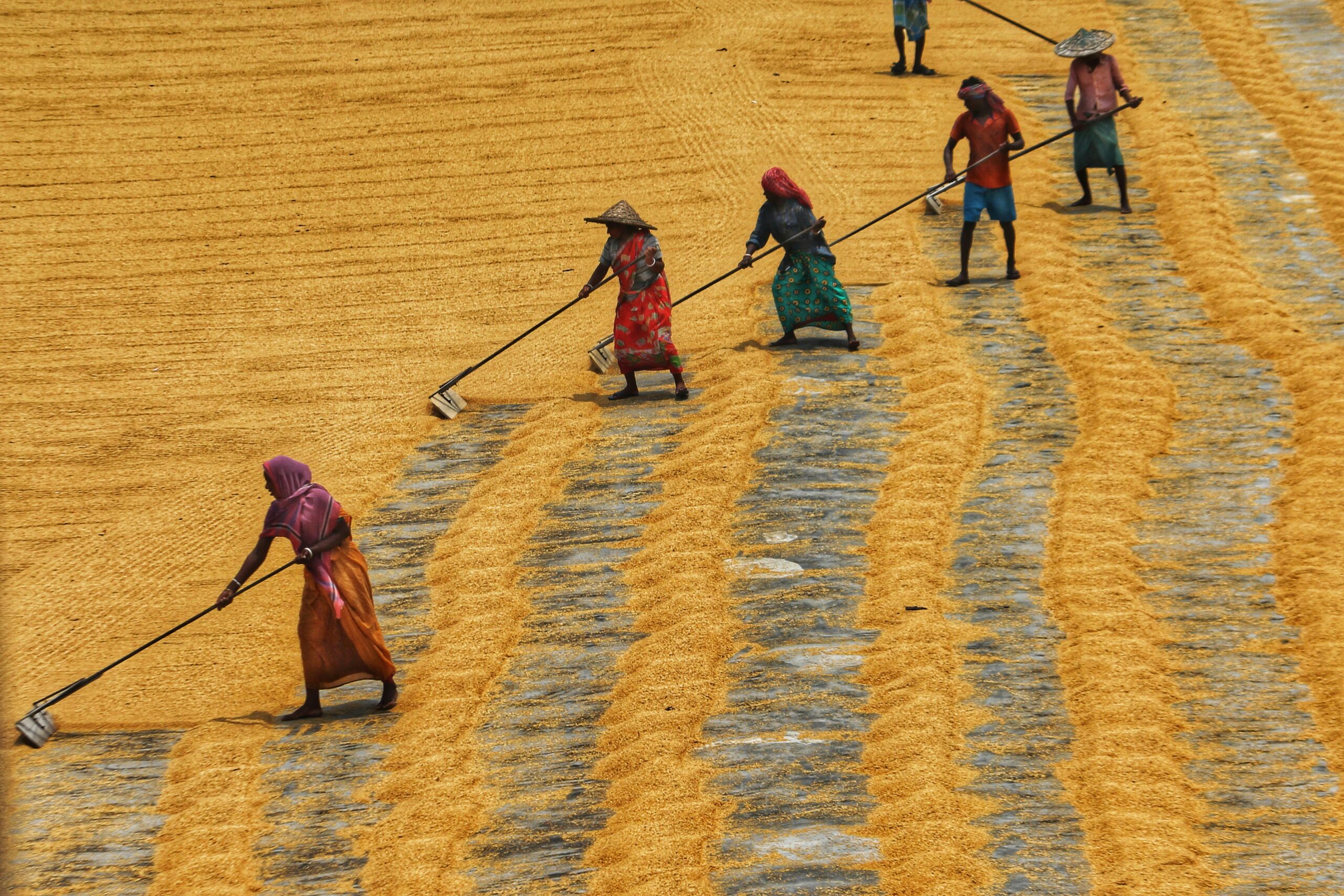People, planet and prosperity - three elements which must matter before making any big decisions today.
As the world is gripped by the deadly second wave of COVID 19, it is vital to remind policy makers and businesses that without centering our vision for the planet, we will only make superficial attempts to ‘build back better’. It is now evident that planetary health is critical to human health and more and more scientists and credible organisations are reporting the same.
Forests and oceans are two critical elements which support humanity and biodiversity. In this piece, we will outline the importance of deforestation-free supply chains and why they are critical in tackling the climate crisis which has engulfed us.
According to the World Resources Institute, soy, beef, palm oil, pulp and paper among others are the main causes of deforestation in the world. Oil palm as a crop is efficient in many ways, it uses up to 4 to 10 times less land compared to other popular oil crops. However the unsustainable production of palm oil has created a web of issues, which needs to be untangled with utmost urgency. Organisations like the Roundtable on Sustainable Palm Oil (RSPO) are working with stakeholders to tackle each aspect of the unsustainable palm oil production and create space for multi-stakeholder dialogues, so that we can arrive at mutually agreed solutions.
The RSPO is a not-for-profit that unites stakeholders from the 7 sectors of the palm oil industry: oil palm producers, processors or traders, consumer goods manufacturers, retailers, banks/investors, and environmental and social non-governmental organisations (NGOs), to develop and implement global standards for sustainable palm oil. It has developed a set of environmental and social criteria which companies must comply with in order to produce Certified Sustainable Palm Oil (CSPO). When they are properly applied, these criteria can help to minimize the negative impact of palm oil cultivation on the environment and communities in palm oil-producing regions. The RSPO has more than 5,000 members worldwide who represent all links along the palm oil supply chain. They have committed to produce, source and/or use sustainable palm oil certified by the RSPO.
In 2018, RSPO along with the Centre for Responsible Business, WWF-India and Rainforest Alliance, founded the India Sustainable Palm Oil Coalition (I-SPOC), which is actively collaborating with businesses, investors, civil society, governments and consumers to increase the import and production of sustainable palm oil. India is the largest importer of palm oil, and this gives its importers and consumers the power of their wallets and budgets to make conscious choices on products they use regularly containing palm oil. Individual consumers can demand CSPO from brands and ask them to remove deforestation and exploitation from their supply chains. Companies like Procter & Gamble, Ferrero, Mars, L’Oreal, Natura (The Body Shop) are members of RSPO and use CSPO for their products.
RSPO and WWF-India are also running a training and capacity building program in Andhra Pradesh to work with mills and oil-palm farmers to produce CSPO made in India as per RSPO’s ‘Independent Smallholder Standard’. Previously the ‘National Interpretation’ for India for RSPO’s ‘Principles & Criteria’ was completed in 2019 by a multi-stakeholder working group comprising of leading companies like Hindustan Unilever, Godrej, Reliance Retail, Reckitt (Dettol), Navabharat, AAK Kamani, HSBC, Rabobank and several others.

Centre for Responsible Business is collaborating with the RSPO and several other oragnisations and businesses to push for sustainability standards via the Voluntary Sustainability Standards (VSS Collaboration India). This program creates space for relevant stakeholders to discuss the role of sustainability standards and how they can be used to meet the sustainable development goals specifically for companies and governments.
Businesses should take a lead in transitioning to CSPO and can refer to this business guide to do so. They can take the following steps to lead by example:,
- Become a member of I-SPOC and participate in the dialogues related to deforestation free supply chains
- Become a member of RSPO and start buying CSPO
- Use social media to create more awareness about ‘The Better India’ led #KnowYourPalm consumer campaign
Sustainable palm oil can become the norm if we share the responsibility and work collectively as a society to enable the much needed market transformation in India and around the world.













































































































